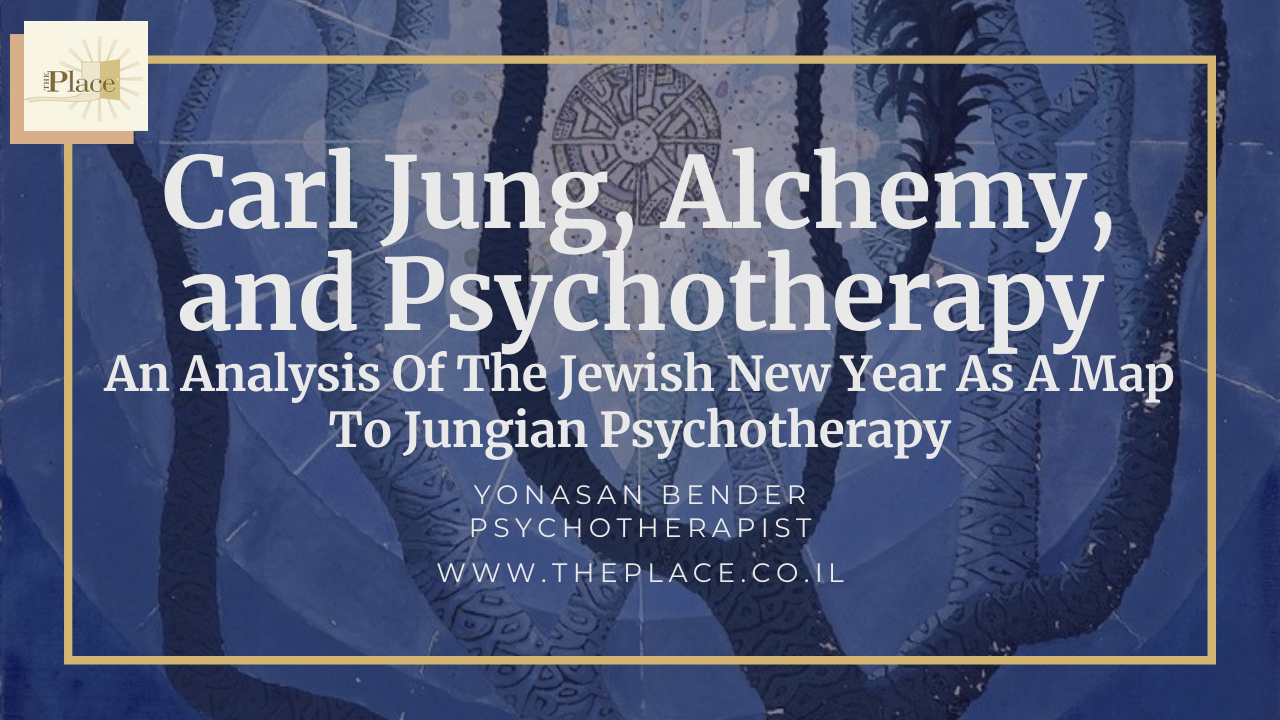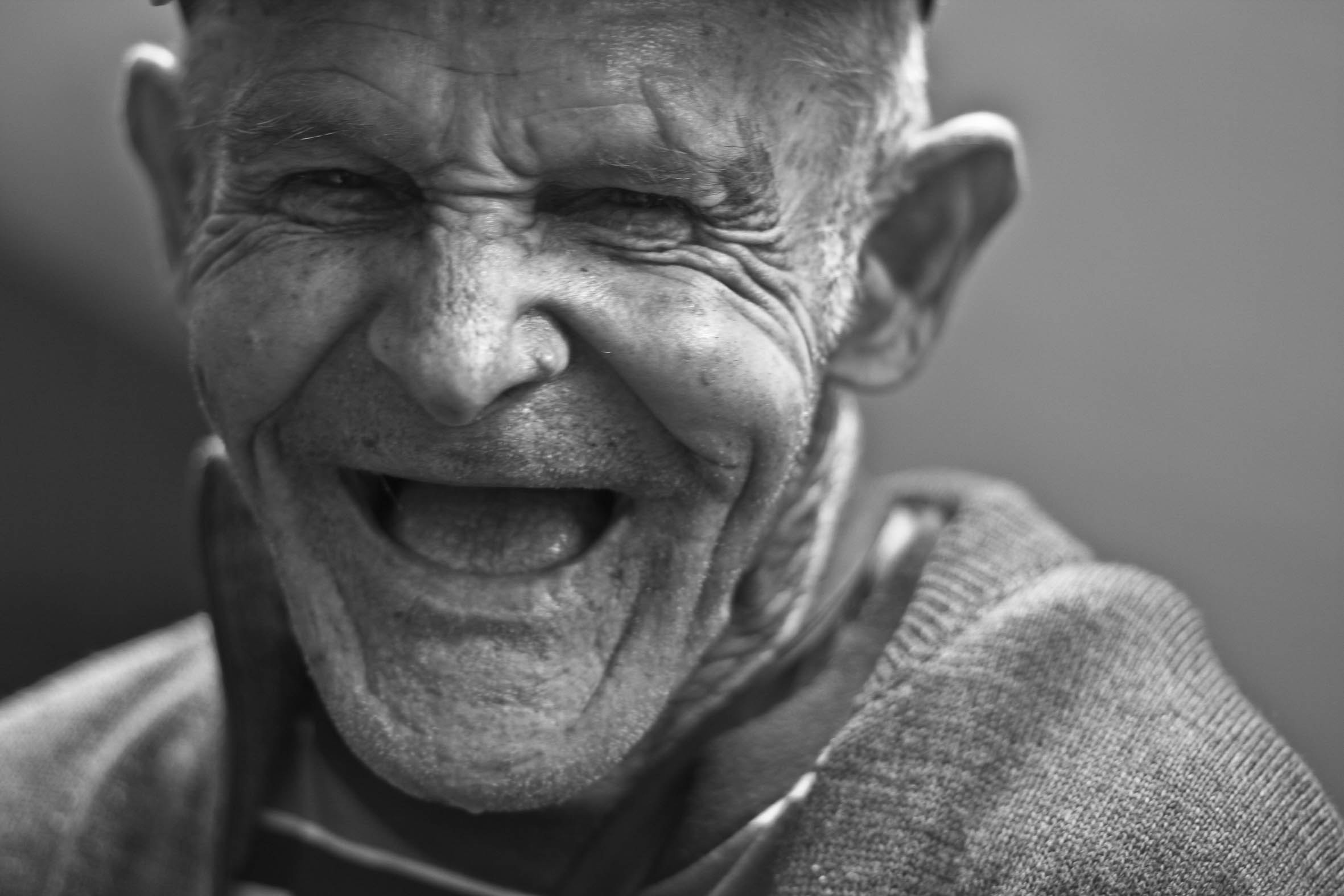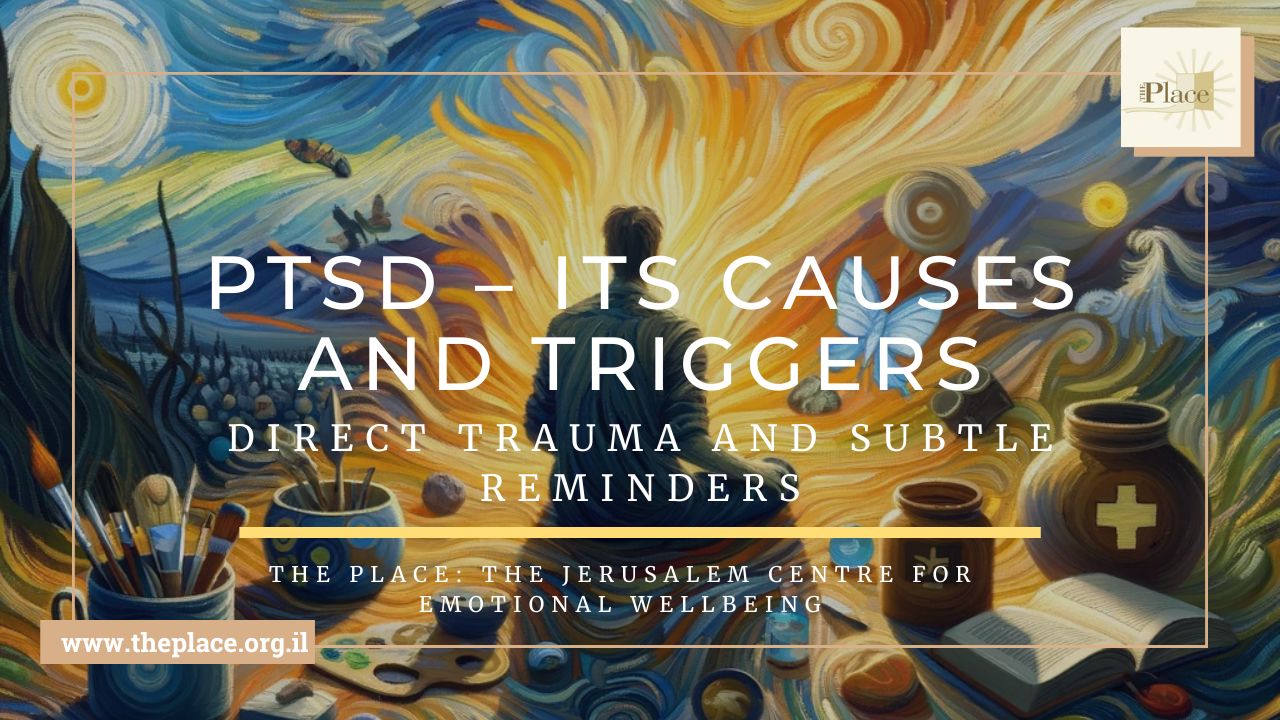Logotherapy comes from the Greek word ‘Logos’ which means ‘Meaning’ and can therefore be translated as ‘Meaning-centered therapy’. Its origin is from Viktor Frankl, who lived between 1905-1997. Frankl lived through the Holocaust and survived the camps and lived till the ripe old age of 92. His favorite quote was from Nietzsche, ‘He who has a why to live for can bear almost any how!’ This means that if one can find meaning in whatever one is going through, this can be the anchor the person can hold on to, to face his challenges and muster up the strength to deal with them. Logotherapy is built from the two main Viennese Schools of Psychotherapy based Sigmund Freud and Alfred Adler. Frankl took something from each of these therapies to build his mode of psychotherapy. However, Frankl soon lost interest as he claimed that Freud’s view of human behavior was too opinionated and reductionistic. This then led Frankl to become interested in Adler’s Individual Psychology. Adler believed that man is born with an inferiority, and he seeks to compensate for this, by his cravings for power, control, and superiority over others. Frankl felt this also limited the human spirit whereby man searches for something higher than pleasure or power. He called this drive, ’the will to meaning’.
Frankl claims that when one gets stuck at ‘the will to pleasure or power’-this is where he is driven to take drugs/alcohol or any other destructive behaviour. However, when a person instead turns his/her direction to ‘the will to meaning’, he/she then transcends these drives and refines himself/heself by searching for ‘the will to meaning’. Frankl discusses that what is novel and a strength about Logotherapy is that it addresses the ‘Noological Dimension’. The word ‘noological’ comes from the Greek word ‘noos’ which means mind or spirit. It is the higher part of man that searches for meaning. Frankl claimed that animals only have instinctual dimensions and are unable to use the power of self-transcendence. This ability to self-transcend is uniquely human .
When things go wrong and neuroses are formed, Frankl calls this ‘existential frustration’ and can result in noogenic neuroses. He says that these neuroses do not come from conflicts between drives and instincts, but rather from existential problems. This means that when patients behaved destructively, it was because they experienced purposelessness. Frankl’s solution to this is ‘noo-dynamics’. This is where one learns ‘to hold’ the existential tension and then one can reach meaning.
A Clinical Logotherapist is someone who is trained not only to reflect to the client what he is portraying (like in regular counselling), but to pick up on cues of what is meaningful to the person within what he is saying. This then is reflected back to the client. When a person’s values what is important to them, is reflected back. This empowers them because it gives meaning to these values . A person’s values are intrinsically connected to their identity and when recognized by another, this is deeply powerful. A person can then feel seen, heard and validated for who they are in a profound way. This then creates the vessel for positive growth and transformation.
Practically, I challenge you to do this as an exercise. The next time someone shares something with you, try not only to hear the words they are telling you, but also hear what they are saying that is important to them.
For example:
- A family made Aliya to Israel from South Africa, and the mother was used to having a very high standard of cleanliness because of the help they got from their maid. But when she moved to Israel, she no longer had the help, but still expected the same high level of hygiene in her home. This caused her a high level of stress. Logotherapy would reflect back to her and say, ‘I see you really value cleanliness in your home. This is important to you’, before helping her actually deal with the situation. Helping her see the underlying value that is underneath her stress, can give her the meaning she needs to pull her out of the deep waters.
- A person is dealing with social anxiety and feels that her life is worth nothing that she doesn’t have friends. I would point out to her that I see she really values people and connection, that this is really important to her. This is a beautiful value.
- Someone who became a Baalas Teshuva had a hard time dealing with her family who weren’t religious, but nevertheless maintains connection with them. I would point out to her that she has strong principles and values family. Both qualities are important to her.
- A woman was given the task to train someone in her company but found that she was very slow to catch on. She claims, ‘I was once like that too’. I would reflect to her that she values being fair and non-judgmental.
- A person always finds themselves playing the mediator. I would portray to her that she possesses the quality of listening to all sides and bridging the gap.
- A mother who always asks her kids for help around the house and jobs to be done. She always feels overwhelmed. I would tell her that she values acts of service, often because that’s what she is doing for others all the time. It is a value for her and thus important to her.
Try this out, I’d love to hear your feedback to see what results you may have from this. Feel free to reach out to The Place.
Shira grew up in South Africa. She has been doing counselling for many years and has been doing Logotherapy for the last few years. Shira has a Bachelor of Arts in Psychology and is a Certified Logotherapy Counsellor. She has a passion to understand and help her clients.
The Place
The Place is where therapists, individuals and the community connect to create safety, strength and success. At The Place, men and women discover the freedom and safety to move past those issues which are preventing them from living life to its fullest. Our goal is to help each of our clients discover his or her own strengths as powerful tools in the healing process.
The Place is a multi-faceted clinic offering both individual and group therapy, support groups, interactive evenings and lectures, educational classes, and drop-in hours. Our comfortable, confidential, relaxed environment allows clients and their families to explore sensitive issues and create positive change. We believe that the key to mental health and emotional well-being is inside you.
At The Place, male and female therapists work independently or as a team to explore sensitive issues and facilitate positive change for individuals, couples and families from all sectors of the community. Some of our specialties include emotional eating, grief counseling, internet addiction, phobias, anxiety & OCD, childhood challenges, premarital counseling, couples therapy and intimacy issues, postpartum support, personality disorders, psychiatric care, and more. Connect with a caring professional in person at our comfortable Jerusalem offices, or by video, phone, and text. We’re here for you.
Contact Us
Email info@theplace.org.il
Phone (02) 581 8299
Whatsapp 054 260 1468
Social Media
Website:
https://theplace.org.il/
Facebook:
www.facebook.com/theplacejerusalem/
Instagram:
www.instagram.com/theplacejerusalem/





